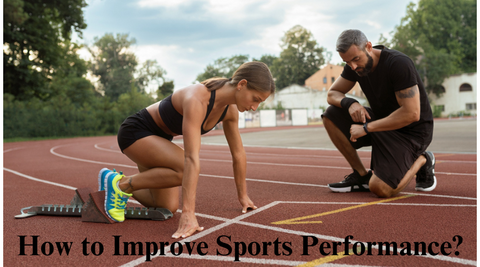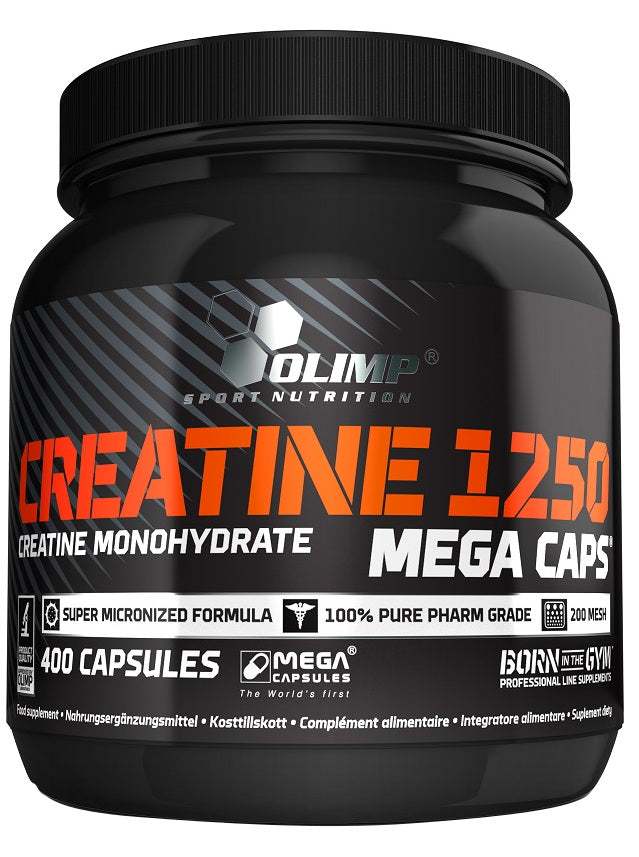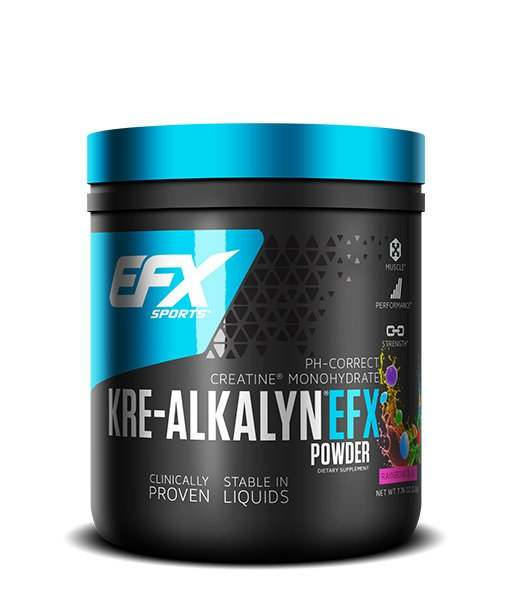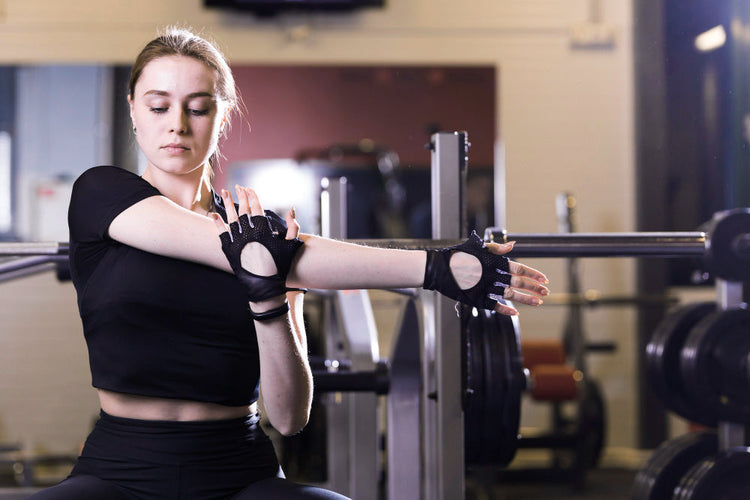Sports Performance: Definition, Importance, Factors, and How to Improve


Related products
What Is Sports Performance?
Sports performance is a holistic approach to physical and mental training that enhances an athlete’s ability to perform at their peak. According to the National Strength and Conditioning Association (NSCA), sports performance training goes beyond physical fitness, incorporating strength, agility, endurance, flexibility, and mental resilience. For those looking to elevate their training, Sports Supplements provide essential nutrients for muscle recovery, endurance, and energy levels.
Sports performance training benefits athletes by improving their physical strength, speed, and coordination while also enhancing mental focus and goal-setting strategies. Whether you’re training for a competitive event or seeking general fitness improvements, a structured approach combining on-field drills, nutrition, and recovery is essential. To improve overall athletic ability, athletes often use specialised training equipment such as Gym Machines & Equipment, which aid in muscle development and injury prevention.
What Is Sports Science and Performance Training?
Sports performance training is scientifically backed, focusing on the development of physical, technical, and psychological abilities. Experts in the field highlight that training should include strength, power, and endurance development, speed, agility, and balance training, nutritional education for fuelling and recovery, and performance analysis for strategic improvement. Performance training involves a combination of cutting-edge techniques, often incorporating high-intensity training equipment like MuscleIQ Bench to enhance strength and stability.
Proper recovery is just as crucial as training. Many athletes incorporate recovery techniques such as heat therapy using products like the Sauna Blanket to improve blood circulation, reduce muscle soreness, and enhance relaxation. Additionally, muscle recovery can be supported with Creatine, which helps with muscle growth, repair, and energy production during high-intensity workouts.
Why Is Athletic Performance Important?
Sports performance is important for athletes and sports enthusiasts alike, as it is the key to achieving peak performance in any sport. It is measured by analysing the physical, mental, and emotional aspects of an athlete’s game. These analyses are used to systematically observe and enhance performance, primarily through objective statistical and visual feedback to improve decision-making. Physical performance is crucial for an athlete’s success during a sporting event, as it is necessary for them to achieve peak performance. Essential components of sports performance include strength, power, endurance, and speed.
Athletes often rely on Pre-Workout supplements to boost energy and enhance focus before training or competition. Products such as Strom Sports FocusMax Bubblegum Candy 216 Grams improve cognitive function and mental clarity, ensuring that athletes maintain sharp decision-making during performance.
The Role of Nutrition in Sports Performance
Nutrition plays a fundamental role in an athlete's overall performance. Proper fuelling before and after training optimises muscle recovery, endurance, and energy levels. Many athletes incorporate Protein supplements to ensure adequate muscle repair and growth. Additionally, endurance athletes often benefit from amino acid supplementation, such as EFX Sports Training Ground EAA Cherry Bomb 213 Grams, which aids in muscle recovery, hydration, and reducing muscle fatigue.
Hydration is another key factor in sports performance. Athletes performing high-intensity workouts may experience dehydration, leading to reduced muscle efficiency and endurance. To counteract this, products like Conteh Sports Mega Pump 400g Raspberry Twist support hydration and improve blood flow, leading to better overall endurance and stamina.
What Determines Sports Performance?
Sports performance, as David J. Handelsman stated in his study, is determined by many factors, including physical attributes, mental capacity, and skill set. Data analysis plays a crucial role in understanding these factors by evaluating athlete performance and using data collection technologies to measure and improve outcomes.
Physical attributes include strength and power. In sports, strength refers to the maximal force and resistance that a muscle can generate at one time, which influences how well an athlete performs strength-based movements in a specific sport such as weight lifting.
Power is similar but distinct from strength, it’s the ability to generate high amounts of muscular force in short periods. It affects activities such as sprinting or jumping where quick bursts are necessary for maximum performance.
Mental capacity includes focus and concentration. As an athlete you must be able to stay focused on your goals while remaining aware of what’s going on around them during competition; good problem-solving skills help athletes evaluate situations quickly and accurately during playtime so they can make fast decisions with confidence when needed.
An athlete must perform well under pressure and have excellent concentration skills because lacking of one or the other will effects their performance.
Lastly, skill sets constitute technical abilities within the sport itself, such as throwing accuracy or foot speed as well as tactical awareness (knowing how best to move your body within the game environment).
Having a strong skill set goes beyond just being “good” in terms of technique; having strategy knowledge enables players to make correct decisions based on given scenarios that may arise during gameplay which can lead to more successful plays overall for both individual athletes and team alike! Research methods are essential in developing these skills by evaluating and critiquing current research, understanding ethical issues, and acquiring advanced skills in scientific research methods.
Key Factors That Impact Sports Performance
1. Nutrition
Nutrition is one of the most important factors in athletic performance, as it provides the body with the fuel needed to maintain both physical and mental health. Proper nutrition helps athletes achieve optimal recovery, endurance, and strength by supplying the right amount of nutrients, vitamins, and minerals. A well-balanced diet rich in high-quality proteins, carbohydrates, fats, vitamins, and minerals ensures sufficient energy levels during training and competition.
Hydration is equally critical, as it supports muscle contractions and energy metabolism. Drinking enough water improves oxygen delivery to muscles, flexibility, and reaction time, reducing the risk of injury. On the other hand, poor nutrition can lead to malnutrition, muscle loss, slower recovery, and electrolyte imbalances. To maintain peak performance, athletes should focus on consuming adequate macronutrients tailored to their specific fitness goals.
For athletes looking to optimise their nutrition, Applied Nutrition offers high-quality sports nutrition products that support muscle recovery, endurance, and energy production.
2. Motivation
Motivation is the driving force behind an athlete’s performance, consistency, and success. It is divided into four main types:
- Intrinsic Motivation – Doing something for enjoyment and personal satisfaction.
- Extrinsic Motivation – Driven by external rewards like medals, trophies, or recognition.
- Achievement-Based Motivation – Competing to succeed and prove one’s ability.
- Anxiety-Avoidance Motivation – The fear of failure pushing an athlete to improve.
Strong motivation helps athletes focus, train harder, and stay disciplined in their routines. A lack of motivation can lead to burnout, loss of interest, or subpar performance. Successful athletes use goal setting, positive reinforcement, and visualisation techniques to maintain motivation and mental toughness.
For those looking to track their progress, the Advanced Sports & Fitness Test provides insights into key biomarkers that influence muscle growth, endurance, and overall fitness.
3. Stress
Stress is a major factor in sports performance, as both too little and too much stress can negatively impact an athlete’s ability to perform. The right amount of stress, known as eustress, helps boost focus, adrenaline levels, and competitiveness, whereas excessive stress leads to anxiety, muscle tension, and poor decision-making.
Athletes need to find a balance between positive and negative stress to stay mentally strong during competitions. Managing stress through adequate rest, mental preparation, visualisation, and meditation ensures an athlete maintains composure under pressure.
To monitor the effects of stress on hormonal balance, the Sports Hormone Blood Test can help athletes understand their cortisol and testosterone levels, allowing them to adjust training intensity and recovery strategies accordingly.
4. Sleep
Sleep is an essential recovery tool that allows the body to repair and rebuild muscles, regulate hormones, and improve mental focus. Most experts recommend 7-9 hours of quality sleep per night for athletes to maximize performance.
The benefits of adequate sleep include:
- Enhanced focus and mental sharpness
- Faster muscle recovery and growth
- Improved reaction time and endurance
- Better coordination and cognitive function
On the other hand, sleep deprivation can result in slower reflexes, poor stamina, reduced accuracy, and a higher risk of injury. Additionally, inadequate sleep can increase inflammation and fatigue, leading to lower oxygen efficiency (VO2 max) and overall performance decline.
Athletes can enhance recovery and endurance with Intra-Workout Supplements, which help maintain energy levels, reduce muscle breakdown, and improve hydration throughout training.
5. Relaxation
Relaxation plays a crucial role in muscle recovery, injury prevention, and mental clarity. Athletes who overtrain or fail to incorporate relaxation techniques often experience burnout, reduced performance, and prolonged muscle fatigue.
Relaxation techniques such as yoga, deep breathing, and meditation help reduce tension, lower cortisol levels, and improve concentration. Active recovery, which includes stretching, massage therapy, and hydrotherapy, promotes muscle regeneration while maintaining optimal conditioning.
Relaxation also plays a mental role, improving decision-making and reaction speed. Studies show that pre-game relaxation techniques can enhance athletic performance by allowing the body to enter an optimal state of focus and readiness.
For athletes looking to support muscle relaxation and recovery, Olimp Nutrition provides high-performance supplements designed to reduce fatigue, enhance endurance, and improve post-workout recovery.
6. Health and Energy
Health is the foundation of sports performance, as it determines an athlete’s physical and mental resilience. Poor health limits energy production, slows recovery, and increases the risk of injury. Maintaining optimal health requires a well-balanced diet, proper hydration, adequate rest, and regular physical activity.
Energy levels are critical for performance, as they fuel the body during exercise. Carbohydrates serve as the primary energy source, while proteins support muscle repair and growth. Fats contribute to long-term energy storage and are particularly useful for endurance athletes.
The type and amount of energy required depend on training intensity and duration. Low energy levels can lead to fatigue, muscle weakness, and decreased endurance. To ensure sustained performance, athletes must consume high-quality, nutrient-dense foods and supplements.
For those seeking to optimize their energy and endurance, Applied Nutrition offers high-quality sports nutrition products tailored to different training needs.
How Does Body Composition Affect Performance Analysis?
Body composition is a critical aspect of sports performance, as it encompasses the distribution of fat, muscle, bone, and water within the body. Body composition is calculated with the percentage of muscle, fat and bone in a person's body. Striking the right balance can significantly impact an athlete's success across various disciplines.
In endurance sports such as cycling and long-distance running, achieving a lower body fat percentage and increased muscle mass creates an optimal power-to-weight ratio. This development allows athletes to move more efficiently, generate greater force, and conserve energy.
Sports that demand strength and power, such as weightlifting, football, and rugby, benefit from increased muscle mass. This translates to enhanced force production, improved stability, and a lower risk of injury, factors that can give athletes a competitive edge.
A leaner body composition often corresponds to a higher aerobic capacity, which is essential for maintaining intense exercise over extended periods. Athletes with lower body fat percentages can deliver and utilize oxygen more effectively, boosting their performance in endurance events.
In sports demanding agility and speed, such as soccer, basketball, and tennis, possessing a leaner physique enhances rapid movement and swifter reaction times. Additionally, a lean body supports flexibility and joint mobility, crucial aspects in disciplines like gymnastics, martial arts, and dance.
Thermoregulation, or the ability to maintain a stable internal body temperature during exercise, is another aspect influenced by body composition.
Athletes who have lesser body fat can handle their body heat better, particularly under tough circumstances or in long-lasting contests. Besides, keeping the right build can decrease the possibility of injuries.
Excess fat can put a lot of pressure on joints, tendons, and ligaments, but having the right amount of muscles could shield joints and offer steadiness when moving around. Bear in mind that the perfect body structure differs based on the game and the athlete's particular body nature.
Collaborating with coaches, trainers, and sports nutritionists can help athletes determine the best body composition for their goals and needs, ultimately optimizing their performance.
What Is An Ideal Body Composition For Excellent Sports Performance?
An ideal body composition for excellent sports performance depends on the type of sport being played.
Generally, having low body fat and good amounts of muscle can be beneficial, as it will help create a healthy balance between strength and agility.
Specifically, athletes looking to achieve peak sports performance should aim for 10-20% body fat levels to optimize their athletic capabilities.
Having a low level of body fat is important because it has been linked to an increase in metabolic efficiency and helps with sustaining a high effort during competitions or training sessions.
Additionally, having more muscle mass supports faster speeds during sprints due to increased power output from the muscles.
Furthermore, building up lean muscle can also help reduce injury risk by supporting ligaments and tendons that may weaken due to fatigue caused by exertion during physical activities.

How To Enhance Performance in Sports?
Listed below are ways to improve sports performance.
-
Training: Any kind of improvement in sports performance starts with the right training regime. This must include exercises specific to your sport, such as sprinting if you’re a runner, or weightlifting if you’re an athlete looking to increase your muscle power. Your training routine should also be tailored to your individual goals. Applying your training in a professional environment can significantly enhance your employability and practical skills.
-
Nutrition: Eating well is essential for optimal sports performance as it provides fuel for your muscles as well as vitamins and minerals for recovery and growth. Make sure you eat balanced meals consisting of healthy carbs (such as quinoa and oats), lean proteins (tuna, chicken, or eggs), plenty of fruits and vegetables, healthy fats (avocado, olive oil), and low-fat dairy products like yoghurt or cheese where possible. Nutrition plays a crucial role in professional practice, ensuring athletes maintain peak performance levels.
-
Improve Flexibility: Flexibility is important for athletes because it allows them to move more freely without putting too much strain on their muscles or joints. Stretching exercises are a great way to improve flexibility as they help lengthen tight muscles and increase the range of motion in joints such as hips, shoulders, knees and elbows. Regular stretching will help prevent injuries during practices or games by keeping muscles flexible and strong so they can handle sudden movements without straining them too much. Developing flexibility is also essential for enhancing professional skills, enabling athletes to perform at their best.
-
Rest & Recovery: Proper rest & recovery is crucial for any athlete looking to maximize their potential performance level without proper rest after workouts, athletes risk getting injured due to overtraining or burnout from exhaustion caused by lack of adequate sleep & nutrition intake between training sessions! Aim for 7-9 hours per night plus avoid strenuous activities on non-training days whenever possible. Rest and recovery are also vital components of a research project, helping to understand the impacts of training on the body.
-
Mental Preparation: Sports psychology has become an increasingly important aspect of sports due to its profound ability to enhance confidence, focus, and motivation levels within athletes. Visualisation techniques such as role-play or imagery can be used to create positive feelings about competing in a competition which in turn leads to improved performance results on the playing field or court because the athlete feels mentally prepared for that environment. Focusing on process goals rather than outcome goals helps keep athletes motivated throughout the season instead of worrying about a specific result; focusing on each step along the way keeps players engaged throughout training sessions as well as during game days/matches/events. The role of sports science in mental preparation is crucial, providing evidence-based strategies to improve mental resilience and performance.















 Rated Excellent by 14,617+ Reviews
Rated Excellent by 14,617+ Reviews